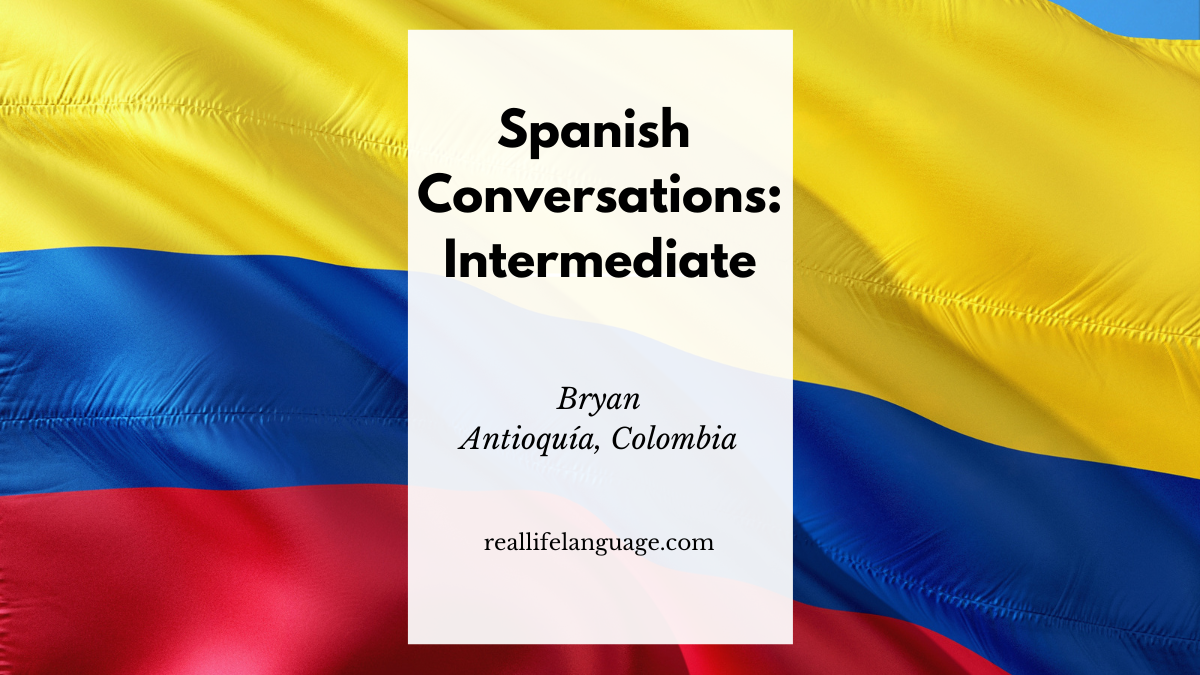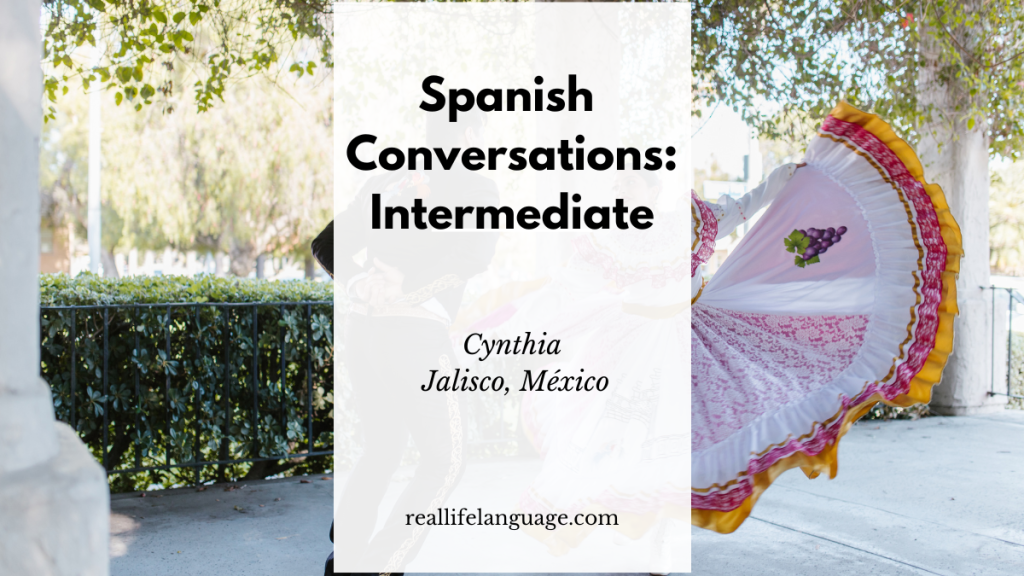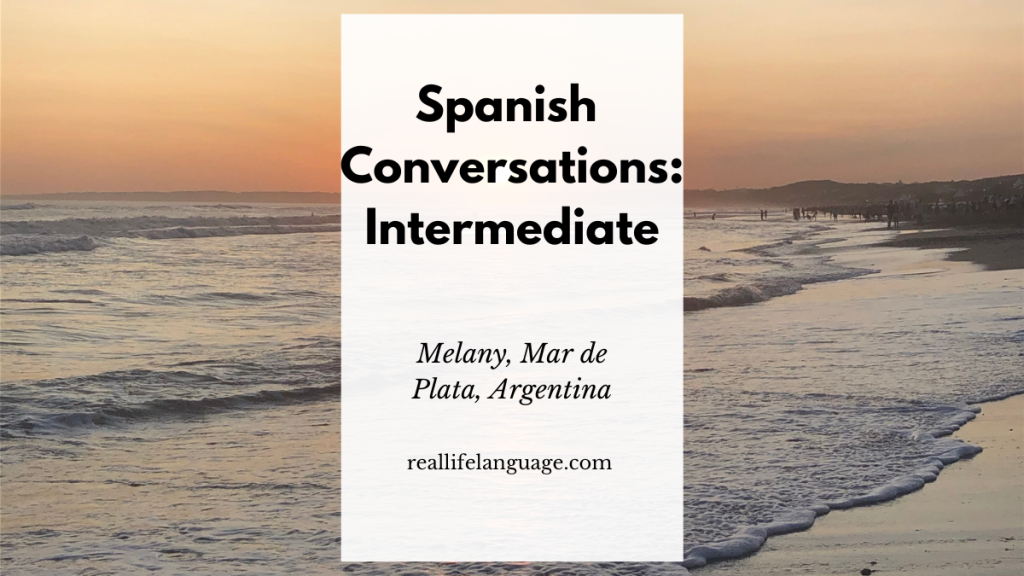
This article summarises a conversational Spanish practice recorded with a Colombian speaker. It is designed to help learners who want to learn Spanish by listening to real-life examples of travel stories, culture, daily life and useful vocabulary. The conversation covers holidays, festivals, relationships, work, and opinions about life in Spain and Colombia — all excellent material for intermediate learners to study and reproduce.
Conversation overview
The speaker describes holiday plans, a memorable reunion with a partner after a long-distance relationship, and recent weekend activities including volunteering at an animal shelter and attending a Retro Weekend fair. He compares life in Colombia and Spain, talks about festivals such as the Moors and Christians parade, and mentions Colombian writers and artists. He also shares thoughts about technology, health, and employment — especially the difficulties of finding a first job and the prevalence of informal work in Colombia.
Key themes and useful vocabulary
- Travel & holidays — vacaciones (vacation), viajar (to travel), playa (beach), montaña (mountain).
- Relationships & feelings — novia (girlfriend), enamorarse (to fall in love), inolvidable (unforgettable).
- Festivals & culture — fiesta (party/festival), cabalgata (cavalcade/parade), Moros y Cristianos (Moors and Christians festival).
- Work & education — empleo (employment), informal (informal), ingeniería de sistemas (systems engineering).
- Health habits — comer (to eat), ejercicio (exercise), salud (health).
Practical phrases from the conversation (with translations)
- “Me fui de vacaciones con amigos” — I went on holiday with friends.
- “Me puse completamente empapado” — I got completely soaked.
- “Quiero tener una vida estable” — I want to have a stable life.
- “Aquí hay un dialecto valenciano” — Here there is a Valencian dialect.
- “La informalidad laboral es muy alta” — Informal employment is very high.
How learners can use this conversation to learn Spanish
- Listen for story verbs: identify past-tense verbs like fui, llegué, volví. Repeat short narrations aloud to practise pronunciation.
- Shadow the speaker: play a short clip and repeat sentence by sentence, matching rhythm and intonation. This helps internalise conversational flow.
- Make vocabulary cards: group words by theme (travel, food, festivals) and add example sentences from the conversation.
- Write a short paragraph about your last holiday using the same structure: where you went, who with, a memorable moment, and one problem you had.
- Discuss cultural differences: practise questions like “¿Cómo son las fiestas en tu país?” to build conversational confidence.
Tips for intermediate learners
- Focus on linking words: porque (because), pero (but), aunque (although) — they make narratives smooth.
- Pay attention to dialects: hearing Valencian or regional accents can be challenging; note unfamiliar words and ask native speakers.
- Use technology carefully: social media and language apps are great tools to meet speakers and practise, but verify content and stay safe.
- Balance city and countryside topics: practise vocabulary for both environments — ciudad and campo — to describe preferences.
Conclusion
The conversation provides rich, authentic material for those who want to learn Spanish through real experiences. It touches on emotions, culture, practical daily life and career concerns — all useful topics for speaking practice. Learners should pick a few short segments, extract vocabulary, and use speaking and writing exercises to make progress. Practise regularly, shadow the speaker, and immerse in stories to improve fluency.
100s of videos to learn Spanish:
https://real-life-language.kit.com/b1531a6404
Learn Spanish: Intermediate Conversation Practice with Melany from Mar del Plata

